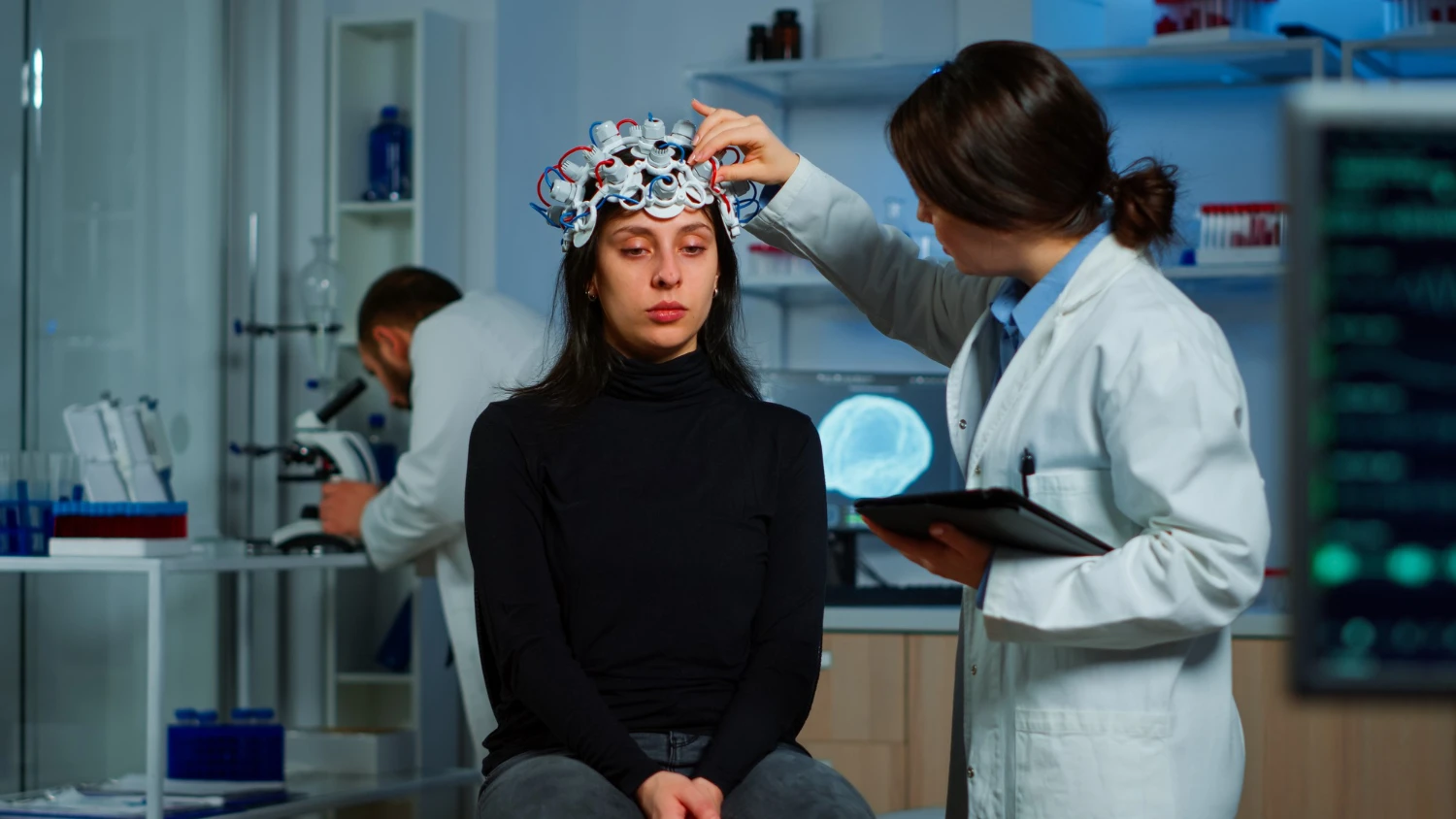
Nevertheless, for some patients, these symptoms don’t seem to add up. They experience mood swings, fatigue, feelings of loneliness and other serious symptoms, yet MRI scans and neuropsychological testing show that the actual damage to the brain is minor. In these situations, insurance companies responsible for providing compensation may argue that the symptoms are the result of an unrelated psychological condition, not the brain injury itself. Even though victims and their loved ones know that something hasn’t been right since the accident, they’re accused of “faking” their symptoms, subjected to questions about their character, called “crazy,” and unable to obtain relief for their injuries.
However, a growing consensus within the medical community is shedding light on this disconnect for so many patients: Many, if not most patients with traumatic brain injuries have also sustained some injury to the pituitary gland.
How pituitary damage results from a brain injury
The pituitary gland is often called the “master gland” because it is responsible for producing and sending hormones throughout the body. While the pituitary gland itself is well-protected from trauma, the stalk that connects it with the brain is quite vulnerable to stretching, twisting or tearing when the brain moves back and forth within the skull – during a fall, for instance, or a vehicle accident or sports injury.
When the blood vessels inside the pituitary stalk are damaged, blood flow to portions of the pituitary is compromised. This can cause those portions to become necrotic and stop producing necessary hormones. The result for the patient is a hormonal deficiency and a number of debilitating symptoms.
Symptoms of pituitary injury are frequently confused with symptoms of TBI
The most vulnerable portions of the pituitary gland are the ones that produce human growth hormone (HGH), which means deficiencies of growth hormone are common in victims of pituitary damage. For many of these patients, the problem is that the symptoms of growth hormone deficiency – such as cognitive issues, mood swings, feelings of isolation and fatigue – are also common symptoms of true TBI damage. And because the capillaries that supply blood to this portion of the pituitary are so small, it’s almost impossible to detect the damage on an MRI.

That means a patient may display symptoms that would be associated with a moderate to severe TBI even though the MRI and neuropsychological testing show only minor brain damage. It’s no wonder that many of these patients are told that they are faking or exaggerating their symptoms.
Patients with pituitary damage need strong advocates on their side
The solution is to conduct a blood test that will identify any hormonal deficiencies in the patient. If a patient is found to have severely lowered levels of growth hormone, pituitary damage is clearly the culprit. Once that issue is identified, the patient can be put on HGH therapy and monitored to see which issues are resolved. Any issues that persist once hormone levels are returned to normal can be attributed to true TBI damage, giving the patient’s doctors a better idea of how to proceed with his or her treatment. Moreover, hormone replacement therapy will considerably improve the patient’s quality of life.
However, the link between TBI and pituitary damage still lacks awareness in the medical community, in part because there is little communication between neurologists (who focus on treating the brain and nervous system) and endocrinologists (who focus on treating the endocrine system, which includes the pituitary gland). Hormone replacement therapy is also quite expensive – often $1,000 to $1,200 a month for a treatment that the patient will need for decades – and that’s just one of the many medical expenses and other costs for a patient with TBI and pituitary damage.
We’ve seen over and over again that a lawyer who understands the connection between pituitary damage and brain injury can make a tremendous difference in these patients’ lives. Often, it is the attorney who recommends that blood testing be done in order to determine whether the patient has a pituitary injury. And in order to recover compensation for the long-term cost of such an injury – which is usually hundreds of thousands or millions of dollars – the help of experienced legal counsel is absolutely essential.
